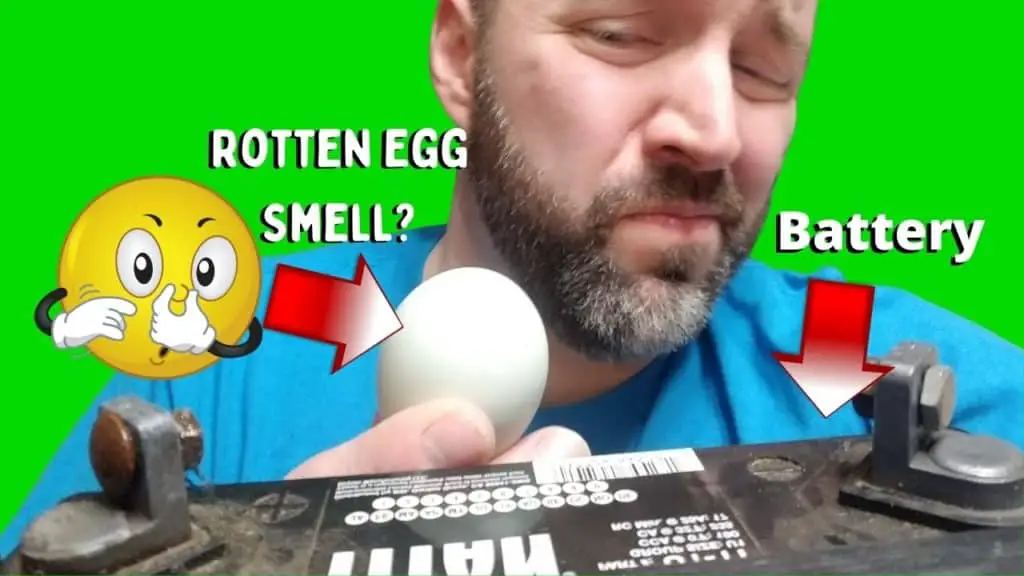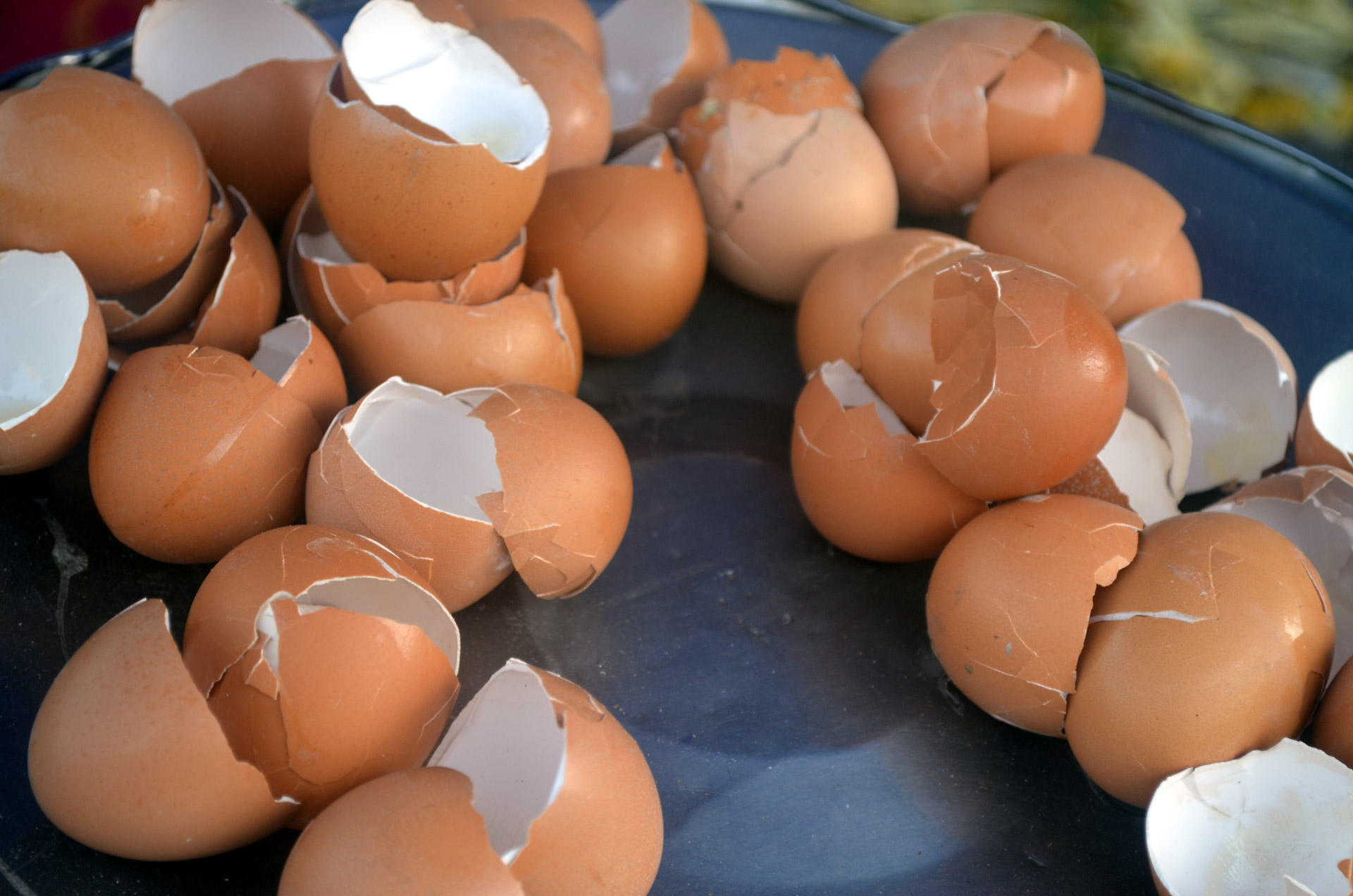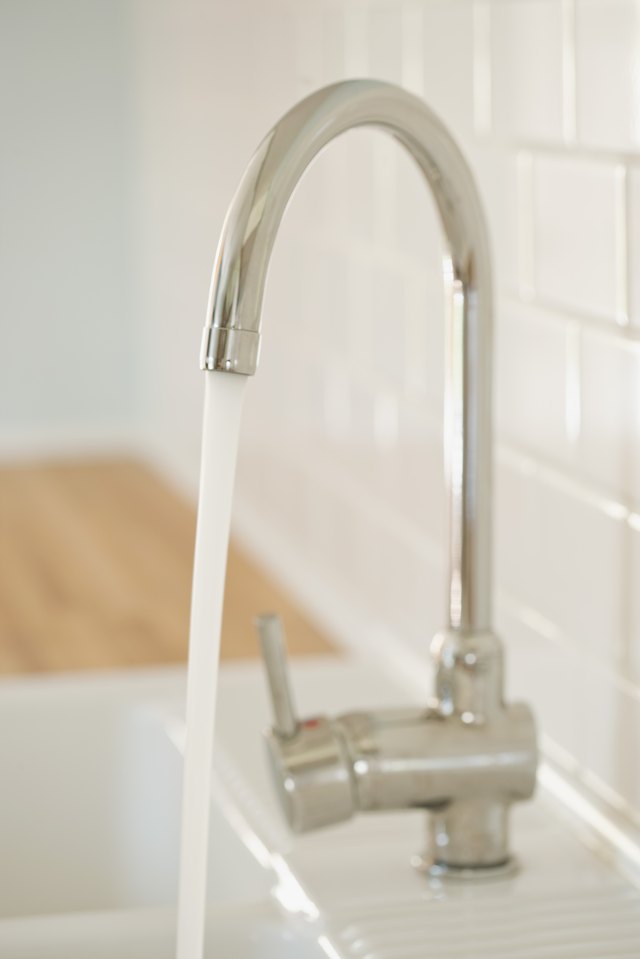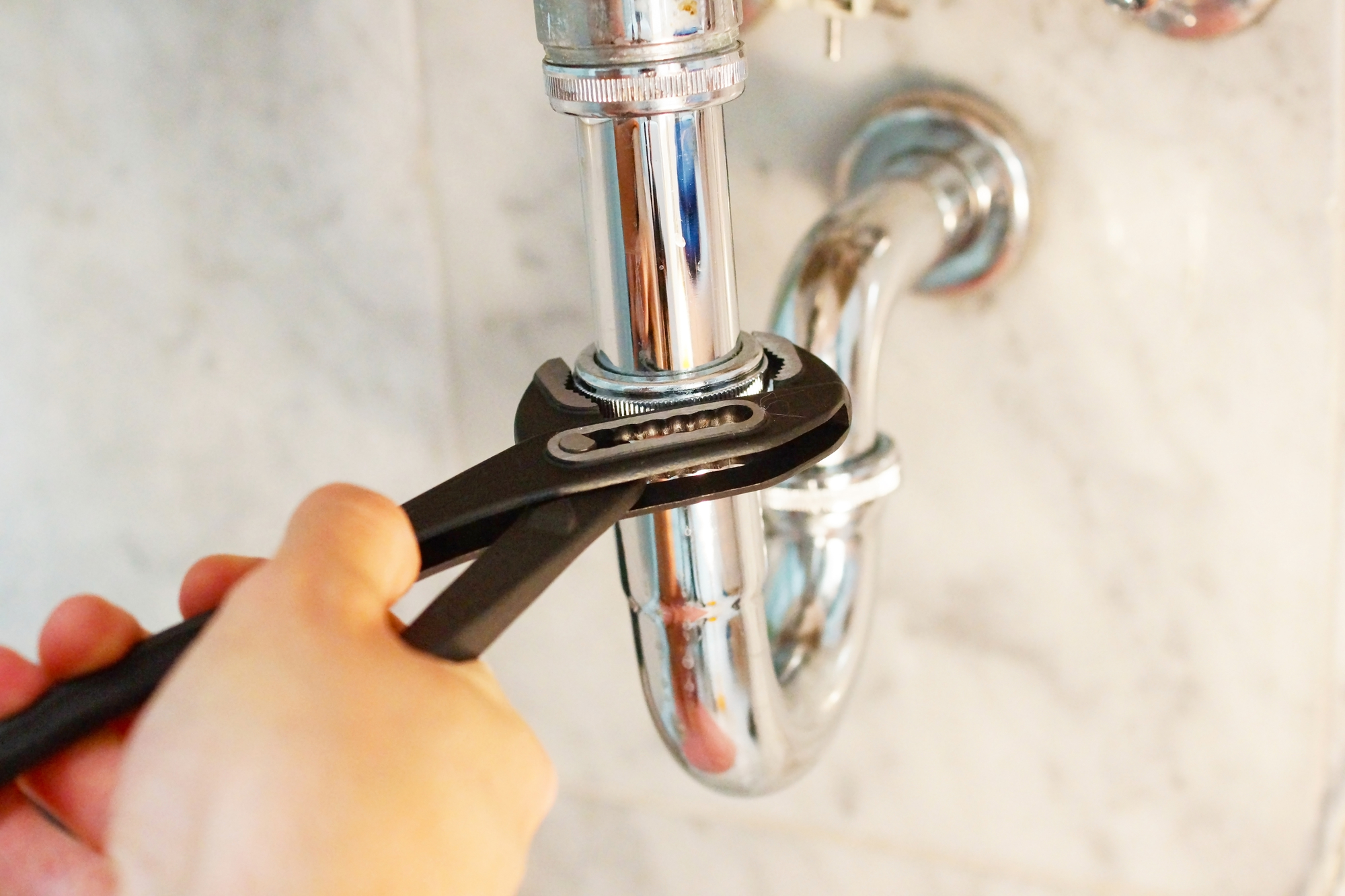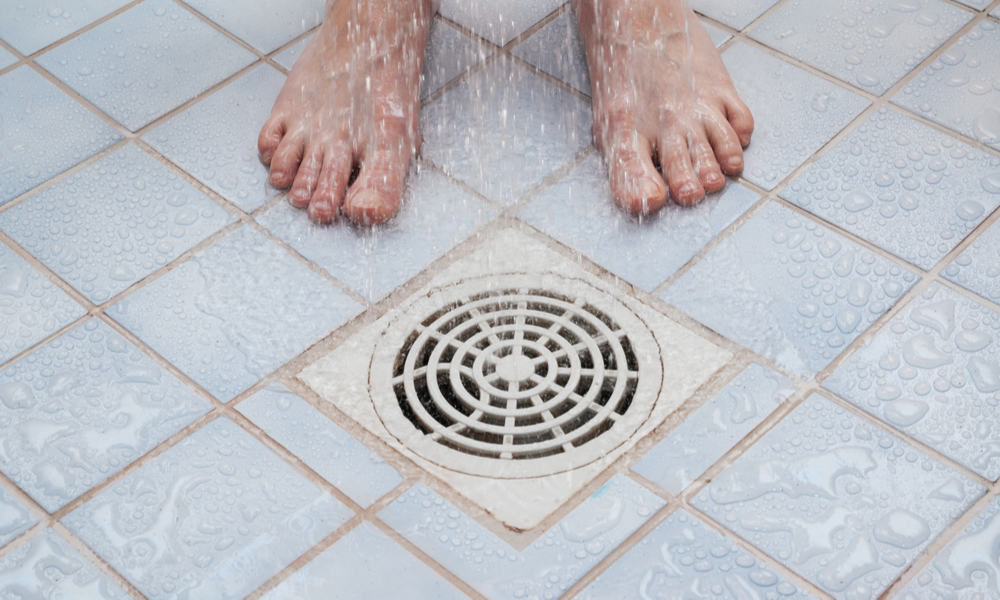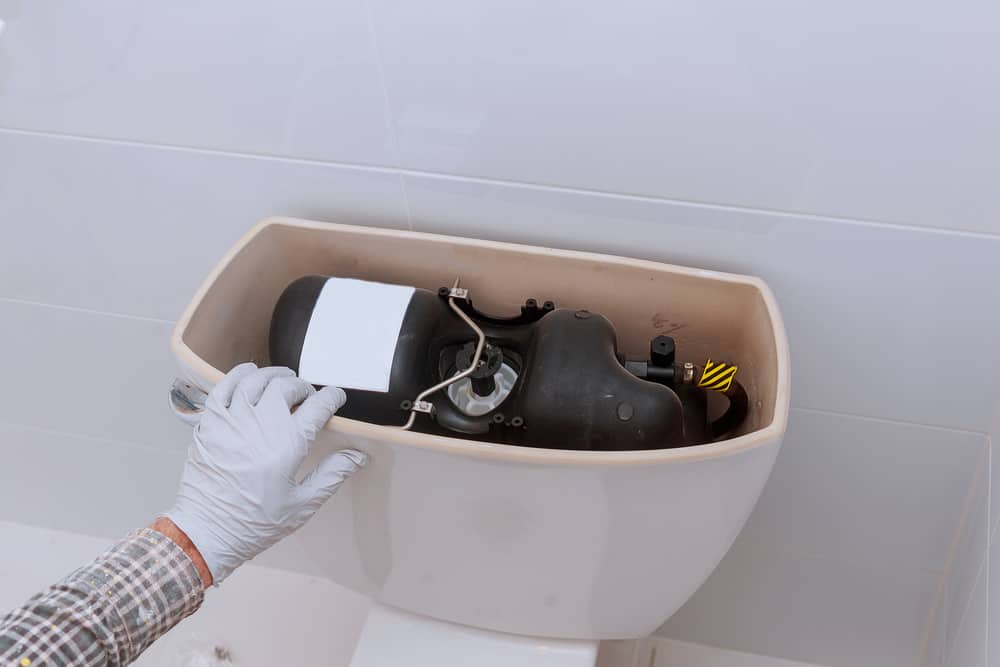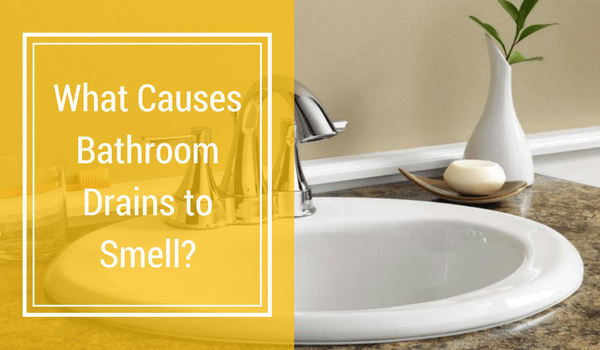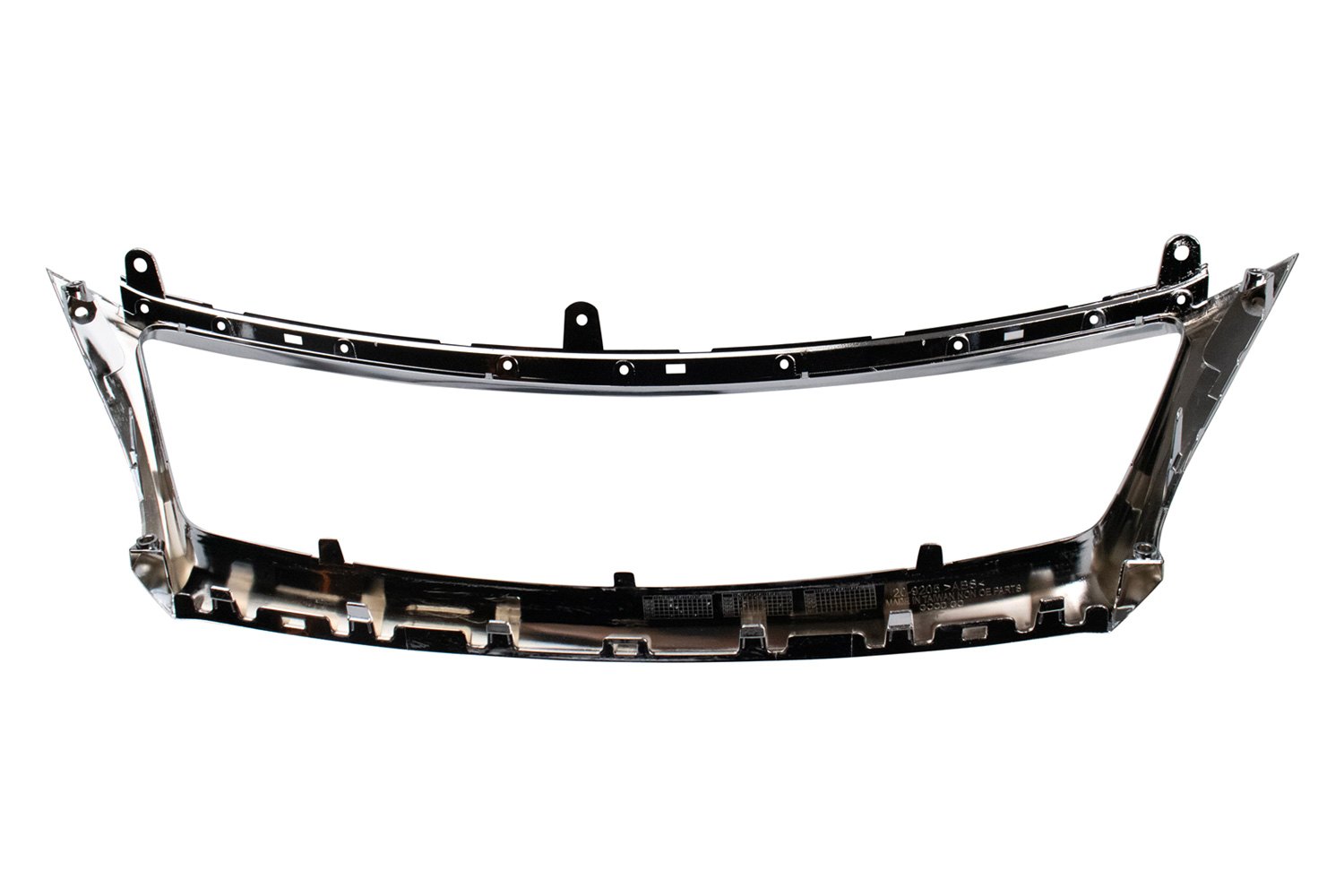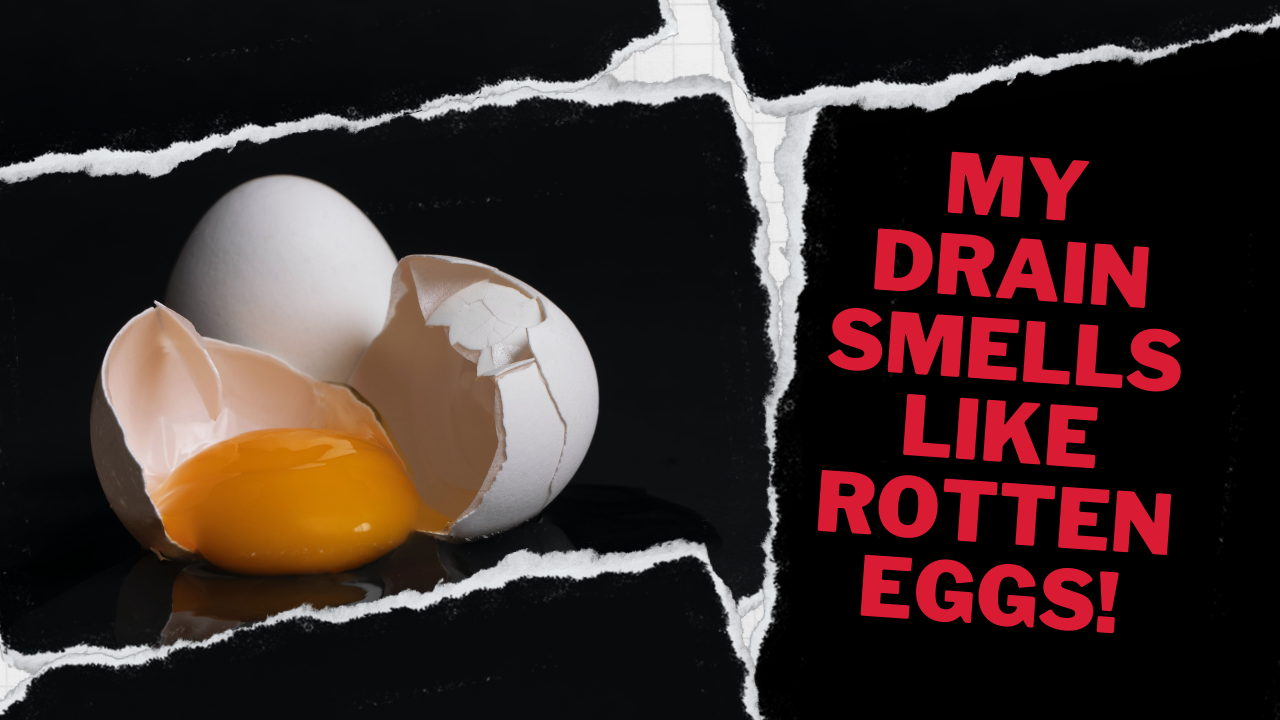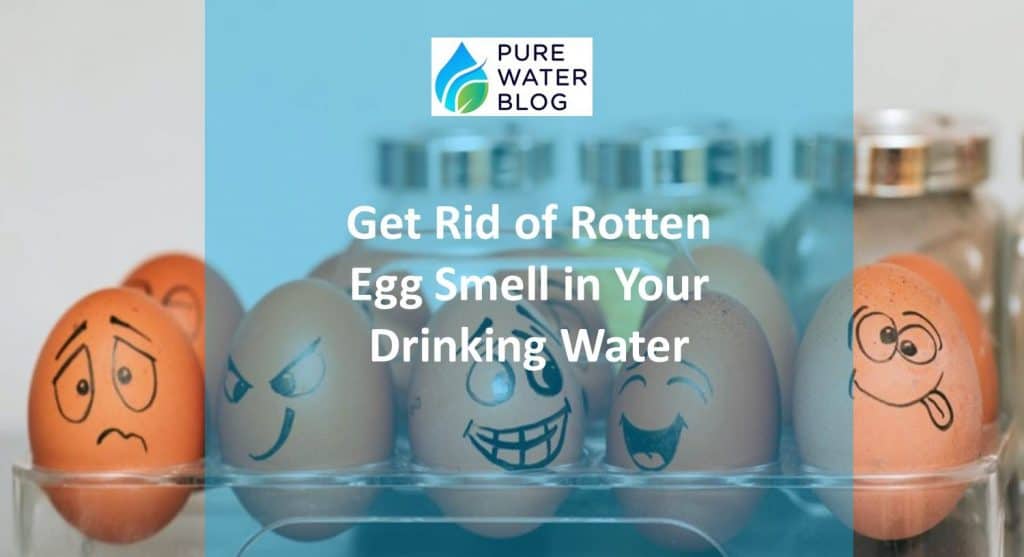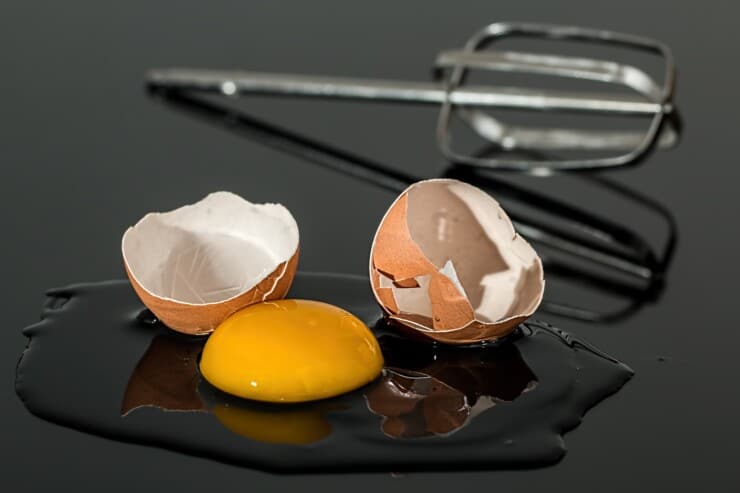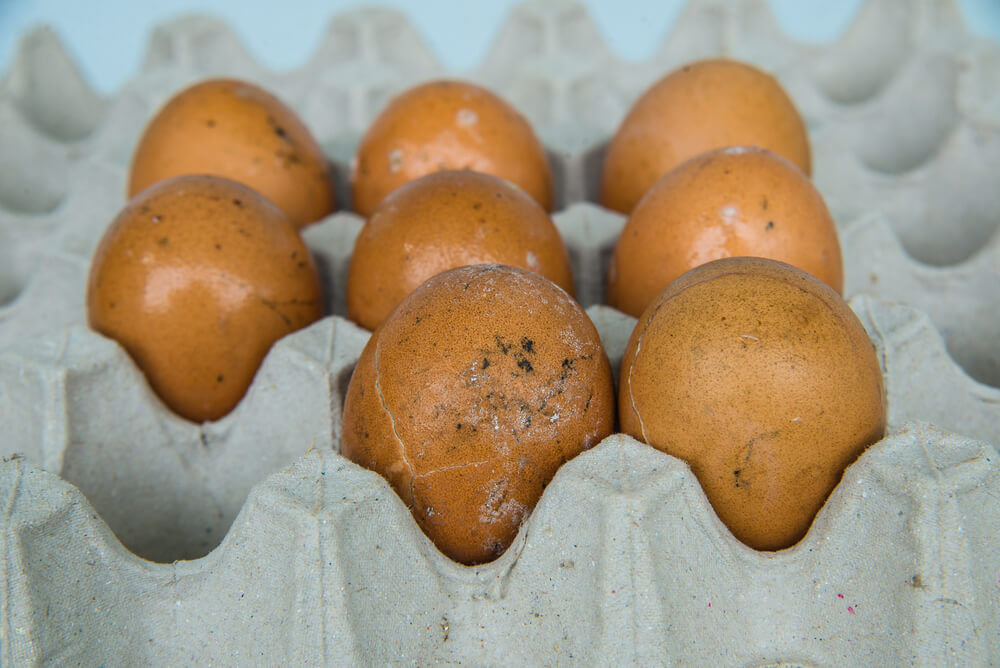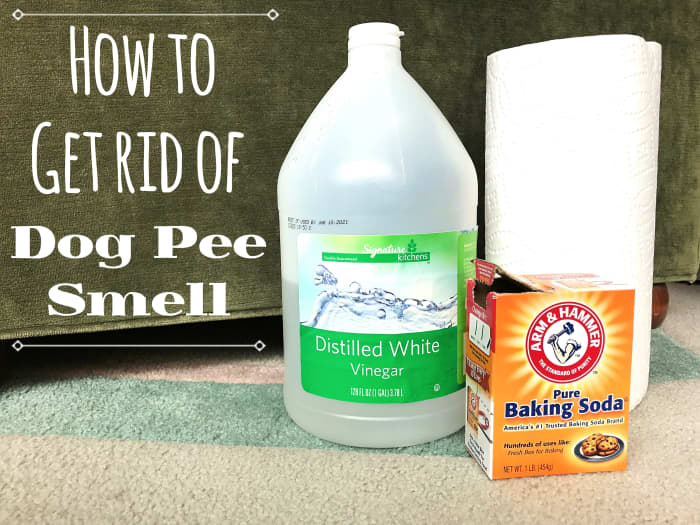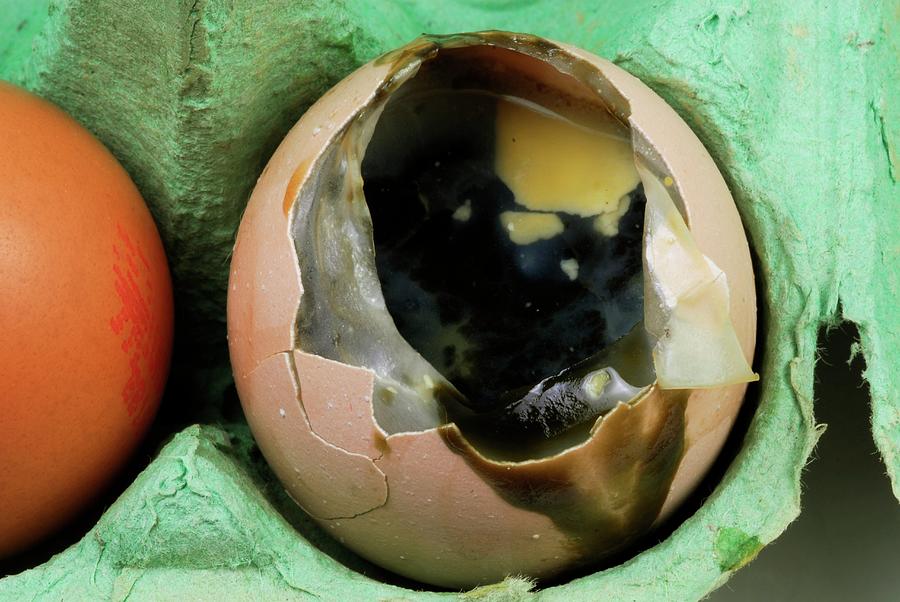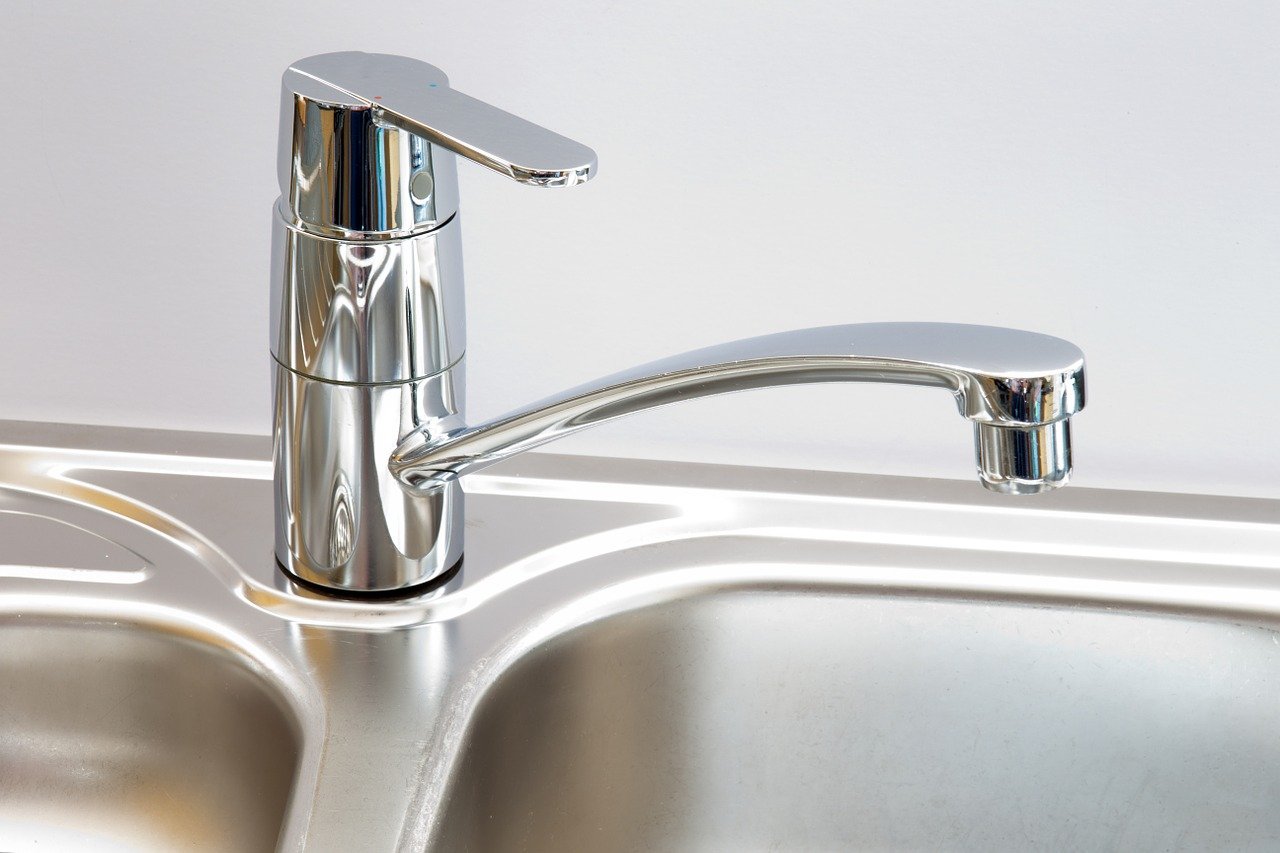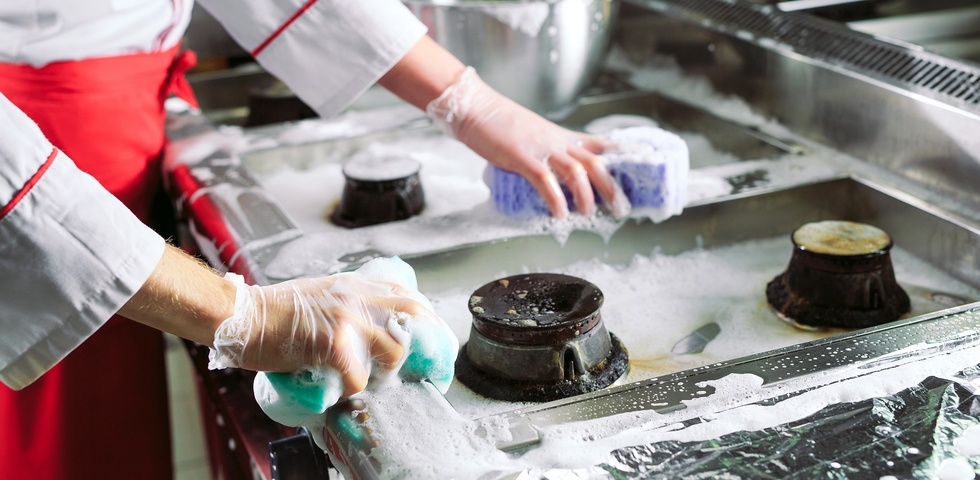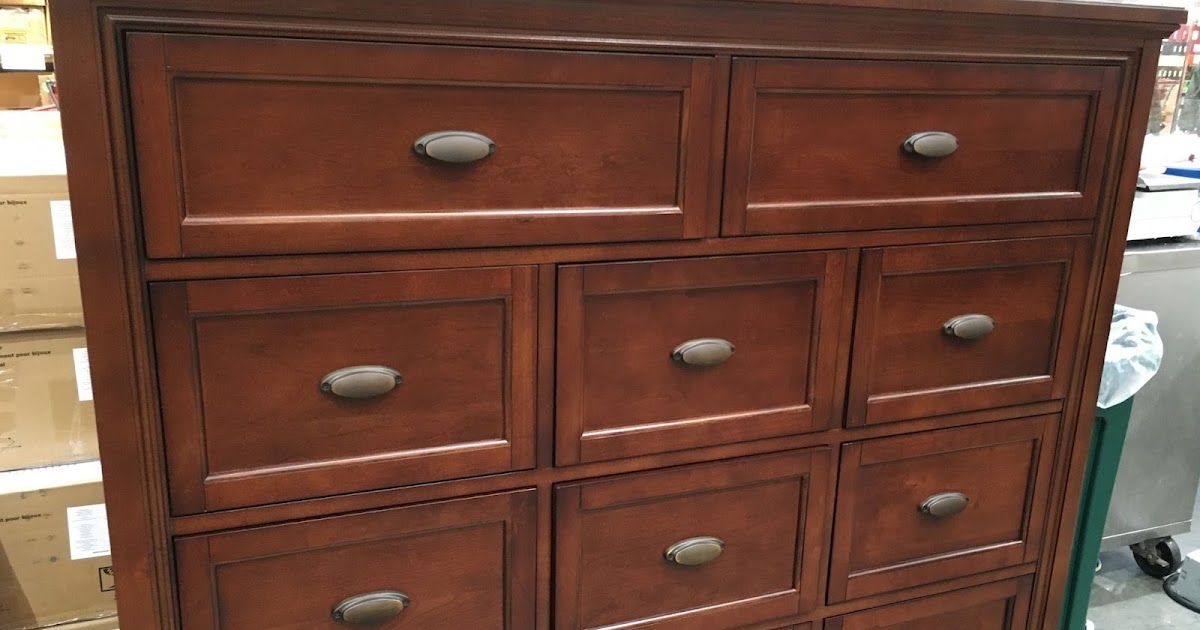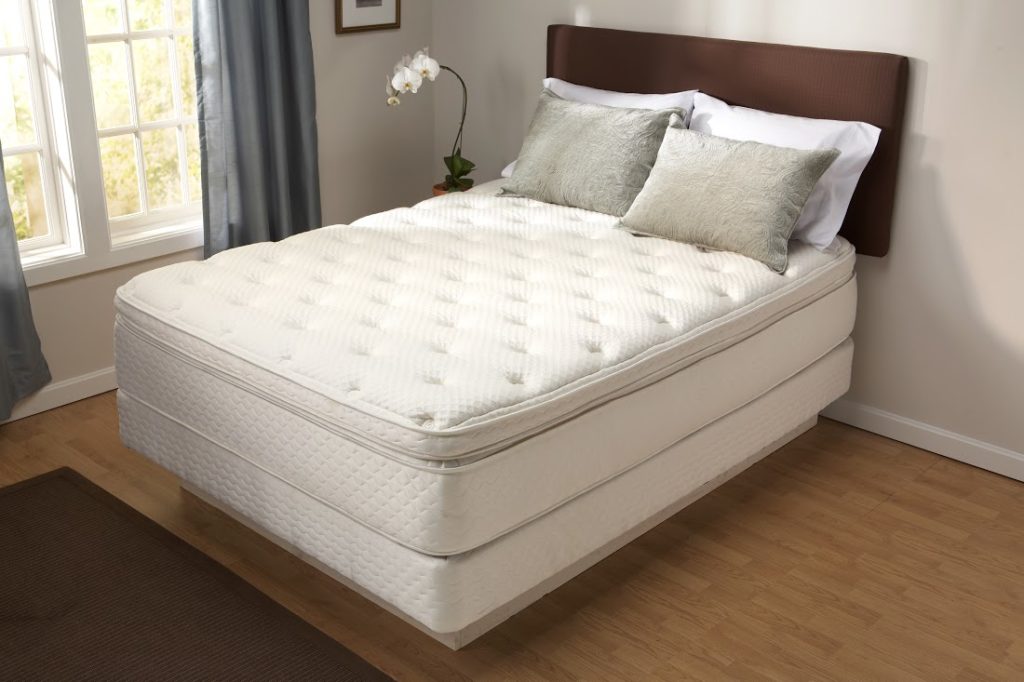Are you noticing a strange and unpleasant smell in your kitchen and bathroom? Does it smell like rotten eggs? If so, you're not alone. Many homeowners experience the same issue and it can be quite frustrating to deal with. Not only does it make your home smell bad, but it can also be a sign of a bigger problem. In this article, we will discuss the top 10 causes of egg smell in kitchen and bathroom and how to get rid of it for good. Egg smell in kitchen and bathroom
The first and most important step to getting rid of egg smell in your sink is to identify the source. The smell could be coming from your kitchen sink or your bathroom sink, or both. Once you have identified the source, you can then take the necessary steps to eliminate the smell. Here are a few DIY solutions that can help get rid of egg smell in your sink: How to get rid of egg smell in sink
There are several reasons why your sink might be emitting an egg-like smell. One of the most common causes is a build-up of bacteria in your drain. This can happen due to food particles, grease, and other organic material getting trapped in the pipes. Another common cause is a blocked vent pipe, which can cause the smell to escape through your sink drain. Other possible causes include a damaged or malfunctioning garbage disposal, a clogged drain, or a broken seal on your toilet. Causes of egg smell in kitchen and bathroom
If the egg smell in your sink is caused by a build-up of bacteria, there are a few DIY solutions that can help eliminate the smell. One option is to pour a mixture of white vinegar and baking soda down the drain. Let it sit for a few minutes before flushing it out with hot water. You can also try using a commercial drain cleaner specifically designed to eliminate odors. Another effective solution is to boil water and pour it down the drain to help flush out any bacteria. DIY solutions for egg smell in sink
If the DIY solutions don't work or if you're not comfortable trying them, it's best to seek professional help. A plumber will be able to identify the source of the smell and provide a solution to eliminate it. They may also recommend hydro jetting to thoroughly clean out your pipes and get rid of any bacteria and debris that could be causing the smell. Professional help for egg smell in kitchen and bathroom
The best way to deal with egg smell in your sink is to prevent it from happening in the first place. Here are a few tips to help prevent the smell from coming back: Preventing egg smell in sink
If you prefer natural remedies, there are a few options that can help eliminate egg smell from your sink. One popular method is to use lemon juice and salt to create a natural cleaning solution. You can also try using essential oils such as peppermint or tea tree oil, which have antimicrobial properties and can help get rid of bacteria and odors. Natural remedies for egg smell in kitchen and bathroom
Aside from bacteria build-up, there are a few other common sources of egg smell in your sink. These include a dry P-trap, which can allow sewer gases to escape through your sink drain, a leaking washing machine hose, and even a dead animal in your pipes. It's important to thoroughly inspect your sink and pipes to determine the source of the smell. Common sources of egg smell in sink
Here are a few additional tips to help eliminate egg smell from your kitchen and bathroom: Tips for removing egg smell from kitchen and bathroom
Once you have successfully eliminated the egg smell from your sink, it's important to clean and disinfect it to prevent it from coming back. You can use a mixture of white vinegar and water to clean your sink and drain. You can also use a bleach solution to disinfect your sink and kill any remaining bacteria. Dealing with egg smell in your kitchen and bathroom can be frustrating, but with the right knowledge and solutions, you can eliminate it for good. Remember to regularly clean and maintain your sink and drains to prevent any build-up of bacteria and debris. If the smell persists, don't hesitate to seek professional help. By following these tips, your sink will be smelling fresh and clean in no time! How to clean and disinfect sink to eliminate egg smell
The Importance of Proper Ventilation in House Design

The Culprit: Egg Smell from Sink Kitchen and Bathroom
 When designing a house, many factors need to be taken into consideration. From the layout and materials used, to the colors and decor, every aspect plays a role in creating a functional and aesthetically pleasing home. However, one aspect that is often overlooked is ventilation. Poor ventilation can lead to a multitude of problems, one of which includes the dreaded egg smell coming from the sink in both the kitchen and bathroom.
Egg smell
is a common issue homeowners face, and it is not only unpleasant but also a sign of poor ventilation. This smell is caused by a buildup of hydrogen sulfide gas, which is produced by bacteria in the drain. When there is not enough airflow in the house, this gas can get trapped and released through the sink drain, resulting in that distinct rotten egg odor.
When designing a house, many factors need to be taken into consideration. From the layout and materials used, to the colors and decor, every aspect plays a role in creating a functional and aesthetically pleasing home. However, one aspect that is often overlooked is ventilation. Poor ventilation can lead to a multitude of problems, one of which includes the dreaded egg smell coming from the sink in both the kitchen and bathroom.
Egg smell
is a common issue homeowners face, and it is not only unpleasant but also a sign of poor ventilation. This smell is caused by a buildup of hydrogen sulfide gas, which is produced by bacteria in the drain. When there is not enough airflow in the house, this gas can get trapped and released through the sink drain, resulting in that distinct rotten egg odor.
The Effects of Poor Ventilation
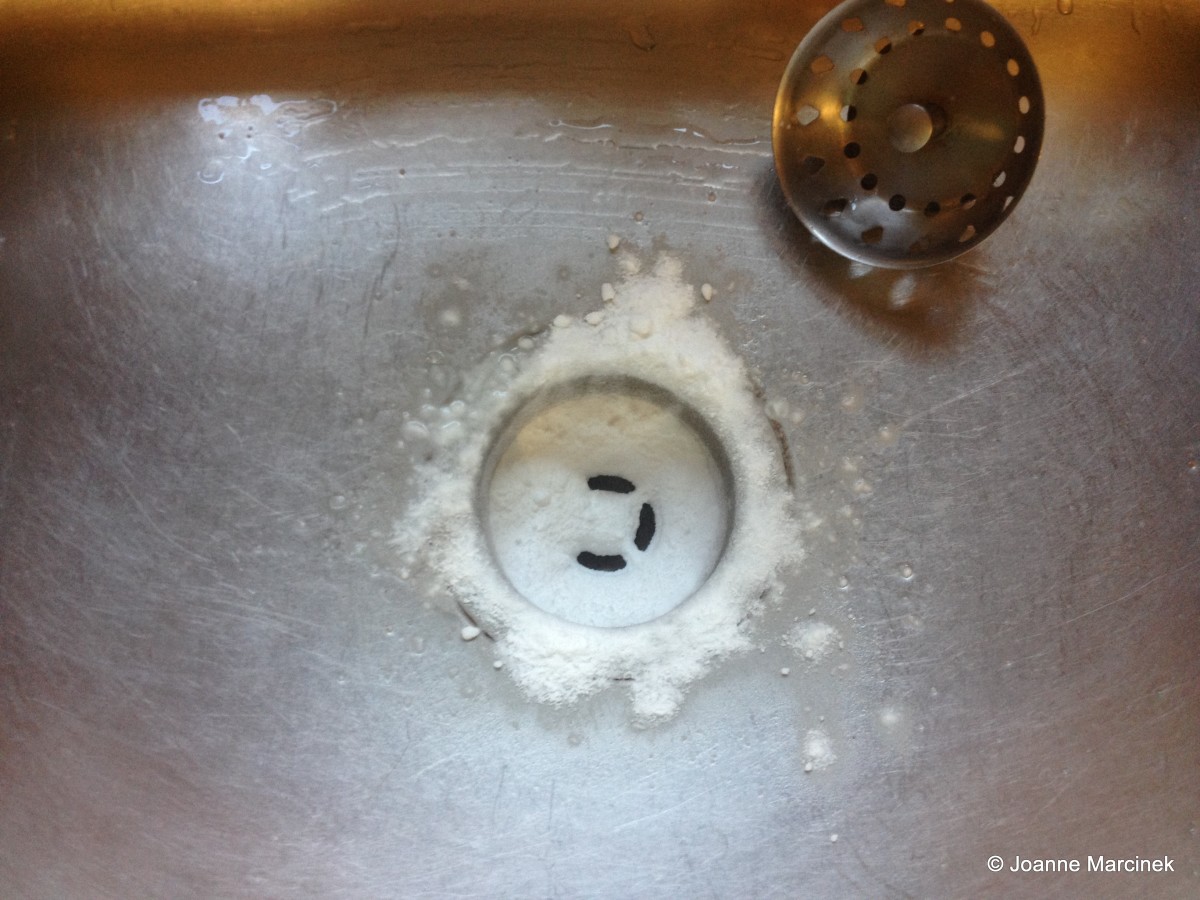 Aside from the unpleasant smell, poor ventilation can have many other negative effects on a house and its occupants. Firstly, it can lead to the growth of mold and mildew, which can cause health issues such as allergies and respiratory problems. It can also cause excess moisture to build up, which can damage walls, ceilings, and other surfaces in the house. In extreme cases, it can even lead to structural damage.
Moreover, poor ventilation can also affect the energy efficiency of a house. Without proper airflow, hot air can get trapped inside, making it harder for your air conditioning to cool the space. This can result in higher energy bills and an uncomfortable living environment.
Aside from the unpleasant smell, poor ventilation can have many other negative effects on a house and its occupants. Firstly, it can lead to the growth of mold and mildew, which can cause health issues such as allergies and respiratory problems. It can also cause excess moisture to build up, which can damage walls, ceilings, and other surfaces in the house. In extreme cases, it can even lead to structural damage.
Moreover, poor ventilation can also affect the energy efficiency of a house. Without proper airflow, hot air can get trapped inside, making it harder for your air conditioning to cool the space. This can result in higher energy bills and an uncomfortable living environment.
The Solution: Proper Ventilation
 To prevent the egg smell from the sink and other issues caused by poor ventilation, it is crucial to incorporate
proper ventilation
in the house design. This includes installing exhaust fans in the kitchen and bathroom, as well as having windows that can be opened to allow for fresh air to flow in and out of the house. Additionally, incorporating natural ventilation techniques such as cross-ventilation and stack ventilation can also help improve airflow and prevent the buildup of unpleasant odors.
In conclusion, proper ventilation is a crucial aspect of house design that should not be overlooked. Not only does it prevent issues such as the egg smell from the sink, but it also has a significant impact on the overall health and comfort of a home. So, when designing your dream house, make sure to prioritize proper ventilation to ensure a functional and pleasant living space for you and your family.
Convert to HTML code:
To prevent the egg smell from the sink and other issues caused by poor ventilation, it is crucial to incorporate
proper ventilation
in the house design. This includes installing exhaust fans in the kitchen and bathroom, as well as having windows that can be opened to allow for fresh air to flow in and out of the house. Additionally, incorporating natural ventilation techniques such as cross-ventilation and stack ventilation can also help improve airflow and prevent the buildup of unpleasant odors.
In conclusion, proper ventilation is a crucial aspect of house design that should not be overlooked. Not only does it prevent issues such as the egg smell from the sink, but it also has a significant impact on the overall health and comfort of a home. So, when designing your dream house, make sure to prioritize proper ventilation to ensure a functional and pleasant living space for you and your family.
Convert to HTML code:
The Importance of Proper Ventilation in House Design

The Culprit: Egg smell from Sink Kitchen and Bathroom

When designing a house, many factors need to be taken into consideration. From the layout and materials used, to the colors and decor, every aspect plays a role in creating a functional and aesthetically pleasing home. However, one aspect that is often overlooked is ventilation. Poor ventilation can lead to a multitude of problems, one of which includes the dreaded egg smell coming from the sink in both the kitchen and bathroom.
Egg smell is a common issue homeowners face, and it is not only unpleasant but also a sign of poor ventilation. This smell is caused by a buildup of hydrogen sulfide gas, which is produced by bacteria in the drain. When there is not enough airflow in the house, this gas can get trapped and released through the sink drain, resulting in that distinct rotten egg odor.
The Effects of Poor Ventilation
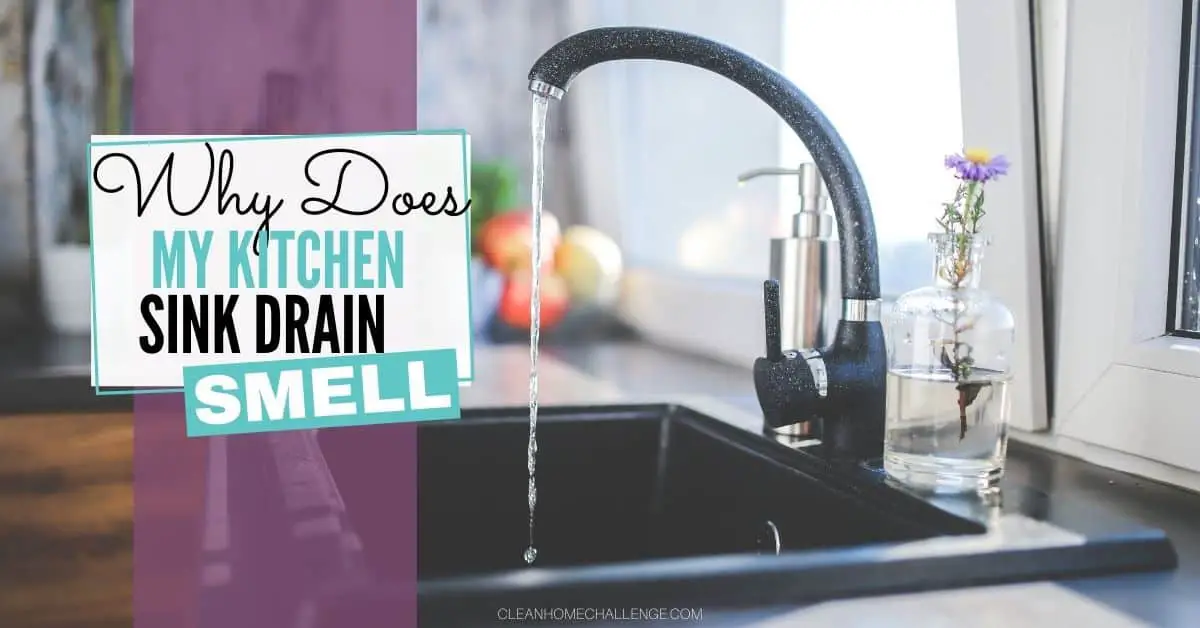
Aside from the unpleasant smell, poor ventilation can have many other negative effects on a house and its occupants. Firstly, it can lead to the growth of mold and mildew, which can cause health issues such as allergies and respiratory problems. It can also cause excess moisture to build up, which can damage walls, ceilings, and other surfaces in the house. In extreme cases, it can even lead to structural damage.
Moreover, poor ventilation can also affect the energy efficiency of a house. Without proper airflow, hot air can get trapped inside, making it harder for your air conditioning to cool the space. This can result in higher energy bills and an uncomfortable living environment.
The Solution: Proper Ventilation

To prevent the egg smell from the sink and other issues caused by poor ventilation, it is crucial to incorporate proper ventilation in the house design. This includes installing exhaust fans in the kitchen and bathroom, as well as having windows that can be opened to allow for fresh air to flow in and out of the house. Additionally, incorporating natural ventilation techniques such as cross-ventilation and stack ventilation can also help





